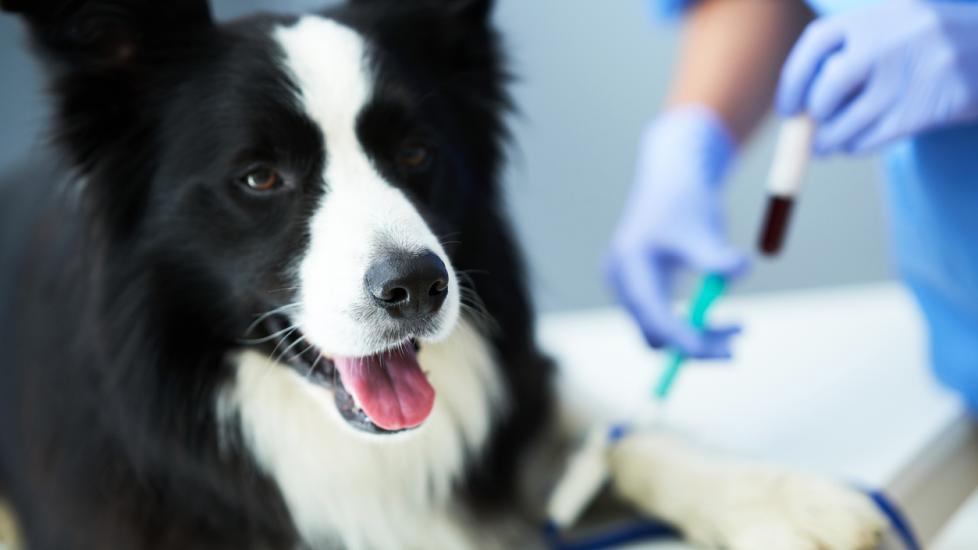In the realm of canine health, brain tumors are a grave concern that pet owners dread. These formidable growths within the intricate architecture of our beloved dogs’ brains pose significant challenges to both veterinary medicine and the emotional well-being of their human companions. This article aims to shed light on this complex issue, providing comprehensive information for those seeking knowledge about the diagnosis, treatment options, and ongoing care associated with these devastating conditions.
Brain tumors in dogs can originate from various sources: primary brain tumors that start within the brain itself, metastatic tumors that spread from other parts of the body, or secondary tumors that form as a result of inflammation or infection. The most common types affecting dogs include meningiomas, gliomas (including astrocytoma), choroid plexus tumors, pituitary adenomas, and lymphoma. Each type has its own unique characteristics and potential treatments.
Diagnosis typically involves a combination of clinical signs such as seizures, behavioral changes, loss of balance, lethargy, and/or head pressing. Imaging techniques like magnetic resonance imaging (MRI) and computerized tomography (CT) scans are crucial tools used by veterinarians to visualize and assess the location, size, and extent of any masses within the brain. A biopsy may be necessary to confirm the tumor’s type and guide therapy decisions.
Treatment options vary depending on several factors including the dog’s overall health, age, breed, and the aggressiveness of the tumor. Surgical removal is often considered if possible; however, due to the delicate nature of neurosurgery and the proximity of vital structures within the brain, not all tumors are suitable candidates. Radiation therapy and chemotherapy can also play pivotal roles post-operatively or when surgery isn’t feasible. Palliative care strategies focus on managing symptoms and maintaining quality of life for affected pets.
Post-diagnosis and throughout treatment, diligent monitoring becomes paramount. Regular check-ups with the vet ensure early detection of complications and allow adjustments to be made in medication dosages or therapies based on how the dog responds over time. Additionally, supportive care measures such as dietary modifications, pain management protocols, and environmental accommodations should be tailored to each individual case.
It’s essential to recognize that every dog is different—each one will experience brain tumors differently, and no two cases follow an identical course. As pet parents navigate this challenging terrain alongside their furry family members, it is critical they receive compassionate support from medical professionals who understand the complexities involved while being transparent about prognoses and expectations. Open communication between vets and clients fosters trust during what can otherwise feel like an overwhelming journey filled with difficult choices.
The bond between humans and animals runs deep—it’s a connection built upon mutual love and respect. When faced with serious illnesses like brain tumors in our cherished pets, we must utilize all available resources to provide them with the best chance at recovery or, failing that, ensuring comfort until the end. By educating ourselves on topics like these and advocating for our pets’ welfare through informed decision-making processes, we honor the unconditional loyalty they offer us daily without hesitation or conditionality.
